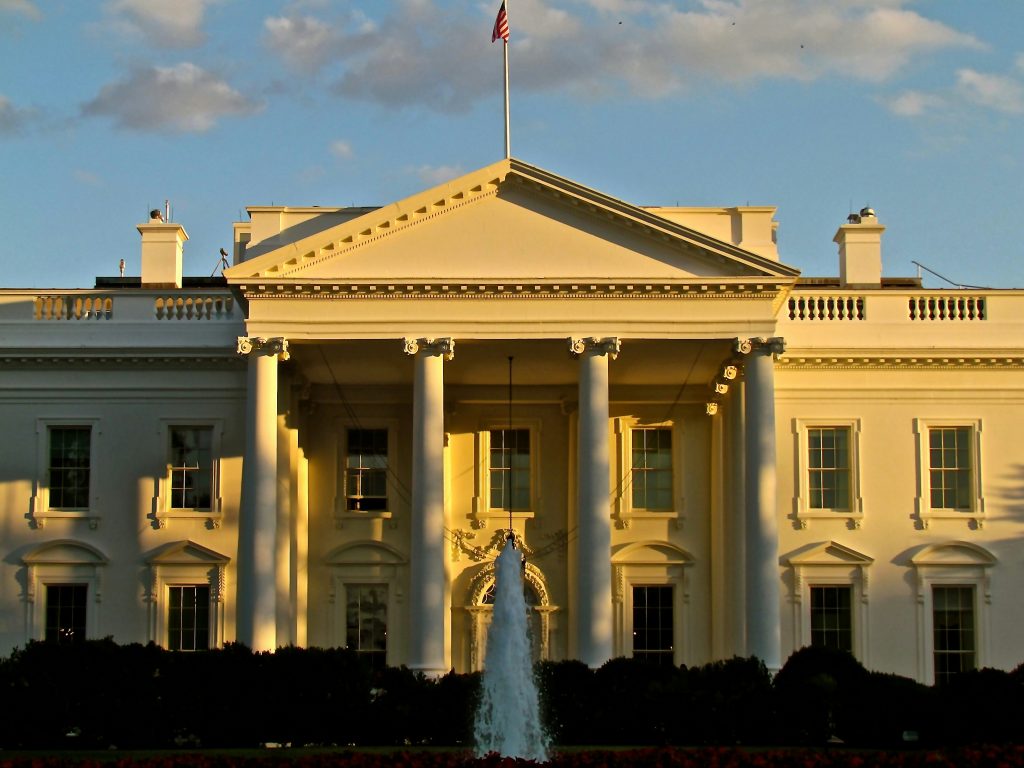Musk’s Mantra: You May All Go to (Delaware), and I Will Go to Texas*

By: Victoria Lioliou**
Delaware’s corporate governance jurisprudence has historically accorded substantial deference to the business judgments of corporate directors.[1] Underpinning this deferential treatment is Delaware’s well-established business judgment rule, a common-law standard of review that acknowledges directors’ statutory authority to manage a corporation.[2] In light of this authority, courts applying the business judgment rule presume that corporate directors have acted in accordance with their fiduciary duties in rendering business decisions.[3] A shareholder challenging a corporate action shoulders the heavy burden of rebutting the presumption in favor of the company’s directors, typically achievable only with evidence of fraud, illegality, or self-dealing[4]—an uphill battle, to say the least.
The business judgment rule undoubtedly provides a robust defense for directors facing shareholder derivative lawsuits. Indeed, where the rule applies, reviewing courts will defer to the business judgment of corporate directors, even if that judgment later proves to be unsound or erroneous.[5] Where the rule does not apply, however, the burden shifts to a company’s directors to prove the challenged decision’s “entire fairness”—a more onerous standard than that afforded by the business judgment rule.[6]
With executive compensation decisions, Delaware courts have typically shielded directors from liability by applying the business judgment rule.[7] At first blush, this result may seem paradoxical. After all, director decisions regarding how to compensate themselves clearly involve an element of self-dealing, a factor that typically triggers entire fairness review. However, deciding whether an individual deserves to be paid handsomely is a core director function, and executive compensation is a tool by which shareholders can incentivize directorial performance. Consequently, Delaware law recognizes that conflicts of interest stemming from executive compensation decisions can be neutralized to some extent through authorization or ratification by disinterested directors or shareholders.[8] Where such independence has been shown, Delaware courts have generally refrained from applying the entire fairness standard of review[9]—at least until recently.
In the landmark decision of Tornetta v. Musk, the Delaware Chancery Court held that Tesla directors had breached their fiduciary duties by awarding an “unfathomable” performance-based compensation plan (the “Plan”) to Tesla’s “Superstar CEO,” Elon Musk.[10] The Plan, deemed “the largest compensation plan in the history of public markets,” had a grant date fair value of $2.6 billion and a $55.8 billion maximum value.[11] To realize the maximum value, Musk was offered twelve tranches of stock options, each of which would vest upon market capitalization and specific operational milestones. Notably, 73% of disinterested Tesla shareholders voted to approve the Plan.
Departing from established precedent, the Tornetta Court held that the Tesla board’s compensation decision warranted scrutiny under the entire fairness standard of review.[12] This determination stemmed from the Court’s finding that Musk wielded undeniable control over Tesla with respect to the Plan, thereby rendering Tesla’s board approval of the Plan a conflict-controlled transaction.[13] Although the majority of Tesla’s minority shareholders approved the Plan, this was, in the Court’s view, insufficient to shift the standard back to the business judgment rule.[14] Because the Plan involved significant process defects, such as an inaccurate and misleading proxy disclosures, the Court reasoned that the stockholder vote approving the Plan was not “fully informed.”[15]Further, in the Court’s view, none of the votes in favor of the Plan were truly independent. In addition to his 21.9% equity stake in the company, the Court stressed Musk’s “thick ties” with Tesla directors and heavy involvement in the Plan’s approval process.[16] Accordingly, the defendants failed to prove that the Plan was entirely fair, leading to the Court ordering recission of the entire Plan.[17]
By invalidating the multi-billion-dollar compensation plan of “the richest person in the world,”[18] the Tornetta decision will certainly have profound effects for all jurisdictions. Delaware undoubtedly remains a pioneer in the realm of corporate law. Indeed, despite its size, Delaware has maintained its position as the premier state of business formation for over a century now.[19] With over sixty percent of the Fortune 500 companies currently incorporated in Delaware,[20] some might argue that nothing has changed. Elon Musk, however, would likely say otherwise.
Shortly after the Tornetta decision was finalized, Musk took to his social media platform, X, to voice his feelings: “Never incorporate your company in the state of Delaware.”[21] Musk has since indicated that Tesla will hold a shareholder vote to transfer its state of incorporation to Texas, where Tesla’s business operations are headquartered.[22]
It remains to be seen whether Musk’s recent display on social media will influence public companies to cut ties with Delaware. Still, other states are seizing the moment. In showing that it’s a serious contender for companies such as Tesla, Texas has recently established a specialized business court.[23] Perhaps Musk can win some cases there.
* Cf. W.F. Strong, ‘You May All Go to Hell’ and 9 More Great Texas Quotes, Tex. Standard (Jun. 1, 2016, 9:30 AM), https://www.texasstandard.org/stories/you-may-all-go-to-hell-and-9-more-great-texas-quotes/ (noting Davy Crocket’s famous Texas quote).
** J.D. Candidate, Class of 2025, Sandra Day O’Connor College of Law at Arizona State University.
[1] See, e.g., Aronson v. Lewis, 473 A.2d 805, 812 (Del. 1984).
[2] See Del. Code Ann. tit. 8, § 141.
[3] See Brehm v. Eisner, 746 A.2d 244, 264 (Del. 2000).
[4] See Shlensky v. Wrigley, 237 N.E.2d 776, 780 (Ill. App. Ct. 1968).
[5] See Dennis J. Block et al., Derivative Litigation: Current Law Versus the American Law Institute, 48 Bus. L. 1443, 1448 (1993).
[6] See id. at 1450.
[7] See Joseph M. McLaughlin, Corporate Litigation: Stockholder Challenges to Executive Compensation, Simpson Thacher & Bartlett LLP (Oct. 11, 2012), http://www.stblaw.com/google_file.cfm? TrackedFile=4B46116602DDECD896B179&TrackedFolder=585C1D235281AED996A07D5F9F9478AB5A901888.
[8] See Del. Code Ann. tit. 8, § 141.
[9] McLaughlin, supra note 7.
[10] Tornetta v. Musk, No. 2018-0408-KSJM, 2024 WL 343699 (Del. Ch. Jan. 30, 2024).
[11] Id. at *1.
[12] Id. at 2087.
[13] Id.
[14] Id.
[15] Id. at *2.
[16] Id. at *1.
[17] Id. at *84.
[18] Id. at *1.
[19] See Why Businesses Choose Delaware, Delaware.gov, https://corplaw.delaware.gov/why-businesses-choose-delaware/ (last visited Mar. 9, 2024).
[20] Id.
[21] Dan Milmo, Elon Musk Acts to Move Tesla Legal Base to Texas After Pay Package Ruling, The Guardian (Feb. 1, 2024), https://www.theguardian.com/technology/2024/feb/01/elon-musk-acts-to-move-tesla-legal-base-to-texas-after-pay-package-ruling.
[22] Id.
[23] Milmo, supra note 21.


